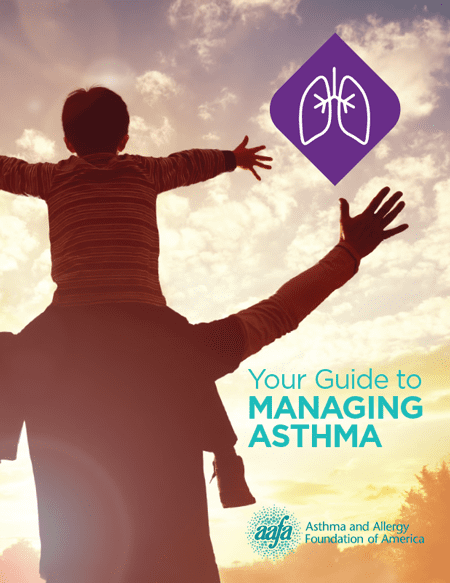Living With Asthma
Living with Asthma
It is possible to live well with asthma if you manage it. That means you need a doctor trained to treat asthma, a treatment plan and to stick with that plan. If you are proactive, you can reduce asthma attacks, reduce illness and ER visits and live a full life.
Asthma, Allergies and the Americans with Disabilities Act
The Americans with Disabilities Act (ADA) is a federal civil rights law. Asthma and allergies are usually considered disabilities under the ADA. The ADA helps people with asthma and allergies create safer, healthier environments.
Traveling With Asthma and Allergies
People with allergies and asthma must take special precautions when they travel – whether that is by plane, train or automobile. With these planning tips, you can prepare for a safer, healthier trip.
Asthma in Infants
Infants and toddlers have much smaller airways than older children and adults. In fact, these airways are so small that even small blockages caused by viral infections, tight airways or mucus can make breathing difficult for the child.
Asthma During Pregnancy
If you are pregnant and have asthma, you have to take extra care to manage your asthma. If your asthma is not controlled, it could be dangerous for your child. Your asthma may also get worse during your pregnancy. Talk to your doctor about the best treatment.
Asthma in Children
Asthma is the most common chronic disease in children. A child is more likely to get asthma if other family members have it and/or if they have certain types of allergies. Parents and guardians can best help their child if they understand asthma. Learn about the disease and follow up with your child’s doctor.
Asthma in Adults
Many people develop asthma as a child. But adults often get asthma later in life, even in their 50s or 60s. Adults who had allergies as a child could get asthma as an adult. Or they might become sensitive to foods or chemicals. Adult-onset asthma is usually more persistent than childhood asthma. Adults with asthma who are already taking other medicines need to work with their doctor to find the best treatment. For example, heart medications might affect how asthma medications work.
Asthma in Older Adults
Asthma is common in adults 65 and older. It is often missed or untreated in this group. Other health problems may make it hard to diagnose asthma. More asthma-related illness and deaths occur in older adults than in other age groups. Regular communication with your doctor is key to managing asthma.
Medical Review September 2015.
.
Using Certified Asthma & Allergy Friendly® products in your home can help you have a healthier indoor environment, as well as reduce allergens.
To learn more about the Asthma & Allergy Friendly® Certification Program, visit: aafa.org/certified














